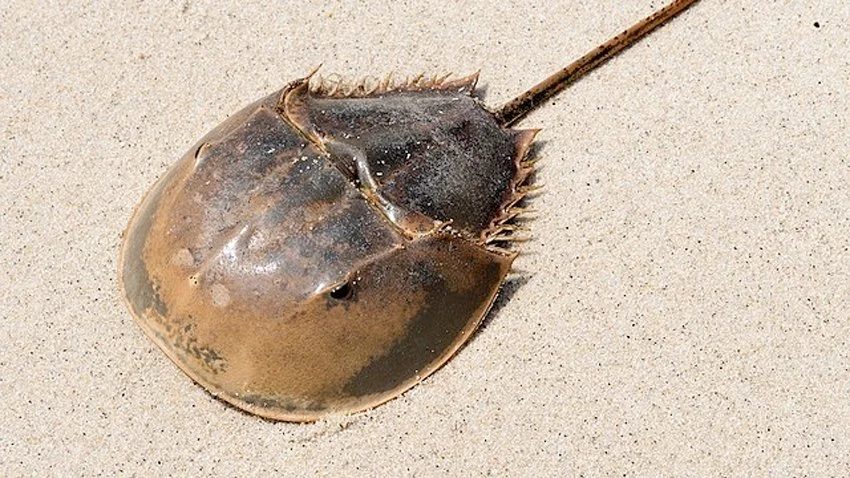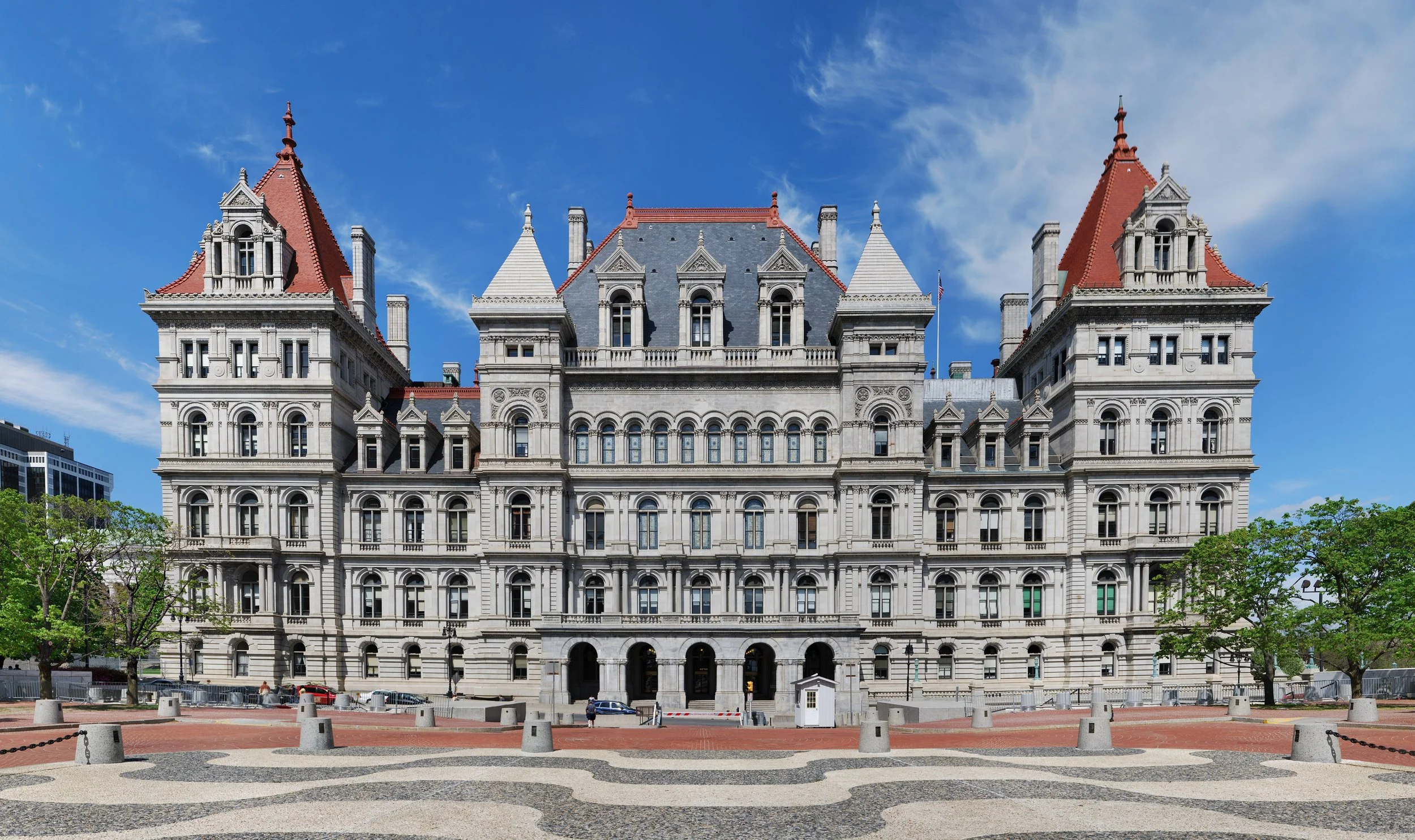SOURCE:
By Ana Borruto - July 23, 2025
U.S. Senator Kristen Gillibrand paid a visit to Riverhead on Monday morning to warn about President Donald Trump’s proposed $8 million federal funding cut from the National Estuary Program, which could threaten ongoing efforts to maintain and restore the Peconic Estuary and Long Island Sound.
The NEP monitors 28 estuaries across the United States. If the president’s Fiscal Year 2026 budget is approved, the lack of funding would hinder the NEP’s function to protect New York’s estuaries from excess nitrogen pollution, pathogens and harmful algae blooms, all of which could be harmful to public health and the environment.
Strengthening protections of estuaries also boosts coastal resilience from storms, improves tourism and recreation, and supports the local economy. As a member of the Appropriations Committee, Sen. Gillibrand urged her colleagues in a letter to provide $50 million in federal funding in the FY 2026 budget to help sustain its mission in protecting these vital ecosystems. This includes at least $1 million for each of the 28 NEP sites, and $4 million for the competitive awards program.
“Peconic Estuary has so much to offer. It’s home to many plant and animal species, including many kinds of marine life, and it helps create jobs and grow the New York economy by improving tourism, commercial fishing and recreation for Long Island, but for years, the national treasure has faced many environmental challenges,” Sen. Gillibrand said. “Advocating for New York’s estuaries is something that is very important to me … I’m doing everything I can to make sure that estuaries remain healthy, beautiful and economically productive for years to come.”
The Peconic Estuary became part of the National Estuary Program in 1992, which is a federal program administered by the Environmental Protection Agency to preserve and protect nationally significant estuaries that are threatened by pollution, development or overuse.
Led by its executive director Joyce Novak, The Peconic Estuary Partnership works with a number of partners to monitor the condition of the water quality and essential habitats. In its 30-year history, some of their key accomplishments include establishing the Suffolk County Water Quality Monitoring Program, completing over 30 habitat restoration projects, helping to create a no-discharge zone in the Peconic Bays and led hard clam and oyster restoration efforts in Montauk.
“Most recently, we released the State of the Bays report, and have partnered with New York Sea Grant to bring a groundbreaking shoreline modeling and planning tool to support all of our towns, villages and communities in making critical decisions to protect our communities as we face increased flooding and storm events,” Ms. Novak said. “The bipartisan support of the National Estuary Program has continually made all of this possible — as we face a reduction in funding, we are thrilled Senator Gillibrand has come here today to show her support for this historic and keystone federal clean water program across the country.”
Sen. Gillibrand previously passed legislation supporting environmental advocacy efforts and protects the public from environmental risks, including the Long Island Sound Restoration and Stewardship Act, which was enacted as part of the America’s Water Infrastructure Act of 2018. In February this year, Sen. Gillibrand reintroduced the Long Island Sound Restoration and Stewardship Reauthorization Act to renew the program.
The ESTUARIES Act of 2025 — Enhancing Science, Treatment, and Upkeep of America’s Resilient and Important Estuarine Systems Act — was introduced in June as legislation in both the House and Senate to reauthorize the NEP through 2031. This has received bipartisan support from leaders on both sides of the aisle, including Congressman Nick LaLota.
Robert DeLuca, president of the Group for the East End, and Adrienne Esposito, executive director of Citizens Campaign for the Environment, thanked Sen. Gillibrand for the support and gave riveting speeches about the importance of fighting for the protection of our local estuaries.
“On Long Island, our estuaries define what it is we love about where we live, and we want to protect that,” Ms. Esposito said. “We consider our estuaries our backyard, our front yard, but it’s always an extension of our home … This is the place that we go with our families and we recreate, we put our feet in the water, we learn to swim, we learn to sail, we learn to kayak, paddle board. We love the joy that these water bodies bring us, it is worth fighting for.”
Mr. DeLuca gave a history lesson and brought those at the press conference back to the fall of 1986, a year after the first brown tide blooms essentially ended a multi-billion dollar scallop industry in Peconic Bay. With continuous blows from more blooms, local advocates wondered what they could do next.
This began a 40-year journey of grassroots efforts and collaboration with various stakeholders, such as recreational fishermen, environmentalists, baymen and marina owners, who all pushed for county-led assessments and studies that led the momentum towards change.
“It worked out … because of a broad based conviction that we could do better, and that we would, with all of our differences, unite and fight for positive change and have the staying power to assure future protection and restoration of this priceless cultural, economic and natural wonder we know of the Peconic Estuary,” Mr. DeLuca said. “We already know adversity, we know what to do. We’re connected to our neighbors and our businesses and we have the support of our elected officials locally here and a wonderful professional team at the PEP office.
“For these reasons, I submit that, with the help of Senator Gillibrand and our enduring hope for future generations, will make a compelling case for the continued federal funding of the Peconic Estuary, the Long Island Sound and hopefully other vital estuary programs across this nation,” he said.







